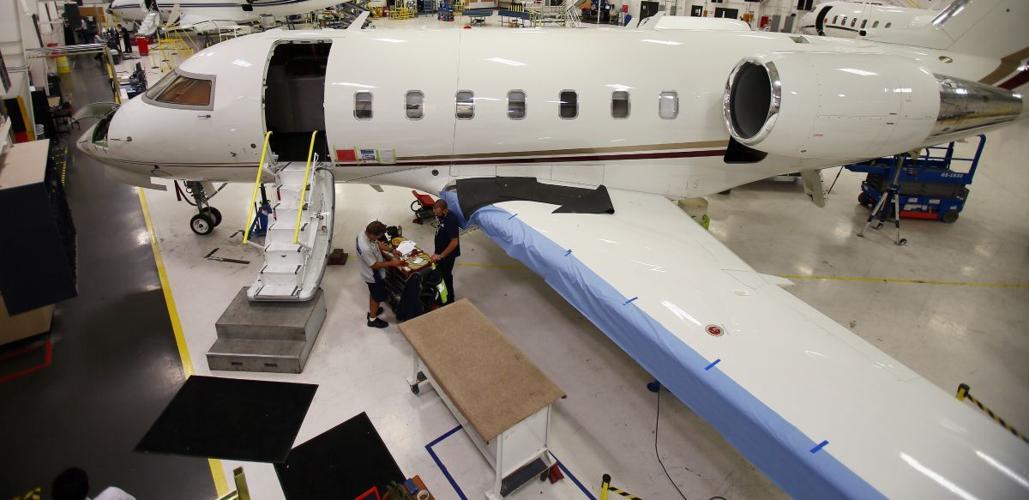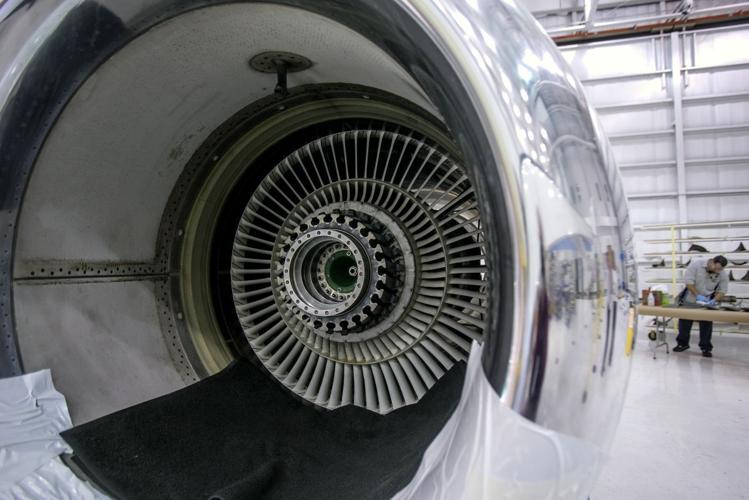When talk turns to trade in Arizona, Mexico tends to dominate the conversation, but we shouldn’t forget the importance of our neighbors to the north, officials say.
Canada is the state’s No. 2 trading partner, with $3.7 billion in bilateral trade in 2015.
And Canadians’ roots in Arizona go deep, said Glenn Williamson, honorary consul of Canada for Arizona and head of the Canada Arizona Business Council.
“Douglas is named after a Canadian mining engineer,” he noted, and Chandler was named after a veterinary surgeon from Quebec.
Historically, many Canadian farmers would spend their time in Southern Arizona after harvest season, Williamson said.
“They would pull their crops in and then come down, spend four or five months and then go back and do their thing,” he said.
Maricopa County has since supplanted Southern Arizona as the destination for many Canadians’ winter homes, with Canadians owning more than 20,000 houses in that county, about 94 percent of all residential foreign-owned properties.
While not as many Canadians make their home here, Pima County has benefited from Canadian-owned companies such as Bombardier, Stantec and Oracle Mining, said Patrick Cavanaugh, business services coordinator for the county.
Bombardier is Southern Arizona’s top aerospace industry employer and has been a major provider of jobs since it acquired Gates Learjet in 1990.
Its Tucson Service Center offers full maintenance of business and commercial aircraft, along with modification, refurbishing and paint services. The company employs about 850 people and plans a $1.5 million renovation of its aircraft interior refurbishing and customization shop, officials said.
And Canada’s presence in the region continues to grow, Cavanaugh said.
Fortis Inc., Canada’s largest investor-owned utility, bought Tucson-based UNS Energy Corp., the parent company of Tucson Electric Power, in a $4.3 billion deal in 2014.
Mattamy Homes recently purchased 173 acres of city-owned land near South Houghton and East Irvington roads for $8.2 million, and Walton International Development and Management has become one of the largest landowners in Pinal County, officials said.
Overall, there are about 350 Canadian companies operating in the state, with about 146,000 Arizona jobs depending on trade and investment with Canada.
Along with trade and direct investment, Canadian tourism is also big business for the state, with Arizona ranking in the top 10 U.S. destinations. More than a million Canadians visited in 2015, spending about $1 billion.
“There’s a reason why going to Toronto is important to the (Arizona) governor, or why the Greater Phoenix Economic Council has five sales trips to Canada going on,” Williamson said.
Different strengths
Still, it’s not hard to see why Arizona’s focus tends to be on Mexico.
Though the number of Canadian companies in Arizona is much stronger than Mexico’s — more than 300 compared to fewer than 30 — in exports ($2.2 billion versus $9.1 billion) and tourism ($1 billion versus $2.6 billion), Mexico dominates.
“We’re a border state, so it’s no different than a border state like Michigan’s relationship with Canada,” Williamson said. “You tend to go geographically.”
And, as in other things, there seems to be a split between Southern and Central Arizona.
Out of the more than $2 billion spent by Mexican visitors, about $1 billion is spent in Pima County alone, officials said, while almost three-quarters of Canadian tourism dollars are spent in Phoenix and Central Arizona. Tucson International Airport does not offer any direct flights to or from Canada, while Sky Harbor has multiple daily flights from several regions there.
Canadian companies account for about 4,000 jobs in Pima County, twice that of jobs from Mexican companies, but Mexico is still the second largest foreign employer. Compare that to Maricopa County, where Mexico barely makes a top 10 dominated by more than 16,000 jobs attributed to Canada.
But it’s not an either/or situation where resources should be dedicated to the country that does more for the state or a region, officials said. Instead, they said, it’s about learning how these countries contribute the most to Arizona’s economy and directing efforts accordingly.
“For Arizona to grow, you have to make decisions based not on who yells the loudest or what proximity is, but what does the data show us,” Williamson said.
Last year, the Maricopa Association of Governments and the Canada Arizona Business Council set out to compile a list of international companies doing business in the state.
Pima County officials said they are building off that list and are in the process of compiling data on all the Canadian companies operating in the county.
“That gives us an advantage in terms of trying to make sure that we’re doing outreach with them and seeing if there’s opportunities for other Southern Arizona companies that might fall into their supply chain,” Cavanaugh said.
Enhancing the county’s relationship with Canada is part of the Pima County Economic Development Plan for 2015-17, which includes action items such as determining the impact of Canadian real estate investment, expanding air service to Canada, growing tourism, and finding development opportunities for Canadian companies wanting to do business with Mexico.
Although Tucson does not have a formal Canada strategy, Mayor Jonathan Rothschild said the county and the city’s goals are aligned.
Along with the presence of Canadian businesses in Southern Arizona, he pointed to CAID Industries, Raytheon, Sargent, Securaplane, Universal Avionics and Breault Research as important companies in the area that export to Canada.
More can be done to attract Canadian business, he said, but part of that involves the region’s continued focus on Mexico and the city’s reputation for building relationships there.
“We have to remember that three-way relationship between the United States, Mexico and Canada,” Rothschild said. “Canadians I’ve spoken with have commented that our willingness to work across the border makes them more interested in investing here, because they see us as that gateway into Mexico.”






